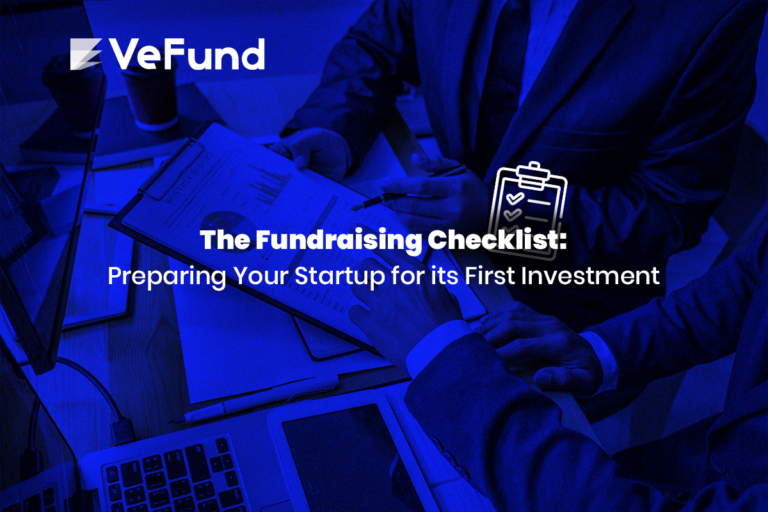Founding Team Red Flags in Startups
Angel investors know well what it takes to invest in a startup. There are way more reasons to say no to an investment than to say yes. The whole investment process, from deal screening to due diligence, should always give out clues about whether we’re dealing with a good or bad investment.
Here we are going to share some founding team characteristics that should be treated as red flags. A red flag here means a serious key issue that you should investigate deeper. It should not be an immediate turnoff. Rather, it’s a signal that you should not ignore easily.
Founding Team Red Flags
Red Flag #1: Overuse of buzzwords
Founders should not be using too many buzzwords on their pitch. They should not attempt to sell their company over trends like AI and Big Data when their business model is far from them. Rather, they should shed light on their business model with only directly relevant keywords.
Peter Thiel, co-founder of Paypal and author of “Zero to One”, considers using buzzwords as a “tell” in poker that the company is not unique.
Red Flag #2: Claiming no competition
Founders stating they have no competition must be heavily questioned. Even if the founders are at the idea stage, they should have put the time to research their competition and the market scene before meeting with investors.
Some startups do have no competition. However, this is very rare and should always be double-checked.
Founders must be aware of their direct and indirect competition. This even includes companies like Google which can easily invest in their idea if proven successful.
Red Flag #3: Co-founders lacking industry experience
Co-founders in a startup should be complementing each other. Together, they must be able to drive the startup to success.
It doesn’t make sense if a software startup has three co-founders and none of them have a technical background. The same goes for every industry.
Note that it is okay if the co-founders are still looking for other co-founders to complement their set of skills and experience. However, at the fundraising round, the co-founders requesting the fund must be aware of how their idea is doable.
Red Flag #4: No full-time commitment
If any of the founders have another job and are not fully committed to the startup, this must be heavily questioned. It could be a red flag for not being fully invested in the company. They could be taking it as a side project. Even worse, they might not be believing in the company’s idea themselves.
Not being fully committed to the startup must be defended clearly by the founders. It could be that they have no other source of income and will quit their job once they secure a fund. Whatever the case, they must have a strong rationale for it.
Red Flag #5: High employee turnover
Having a high employee turnover early in the startup’s life could be due to several reasons. Employees may have lost faith in the idea or the founders. Founders may not be delivering on their initial salary package promises.
Whichever the case, you should approach early employees and hear their side of the story. Their perspective is too vital to ignore.
Red Flag 6: Not knowing which KPIs to measure
Founders must be able to divide their long-term strategy to clear milestones and measure their performance with defined KPIs.
Lacking definitions for KPIs signals a red flag for not knowing the mechanisms necessary for their startup’s success. It may also signal incompatibility to lead and define measurable goals.
Final Thought
As we mentioned, none of these red flags should result in an immediate rejection. They should only result in a further investigation to know the real causes behind them.
Looking to organize your screening process? Join us at VeFund







